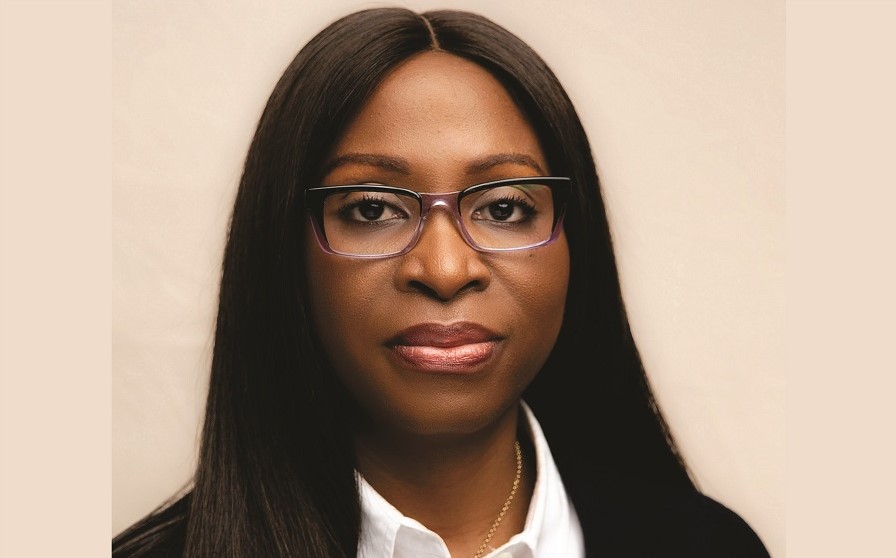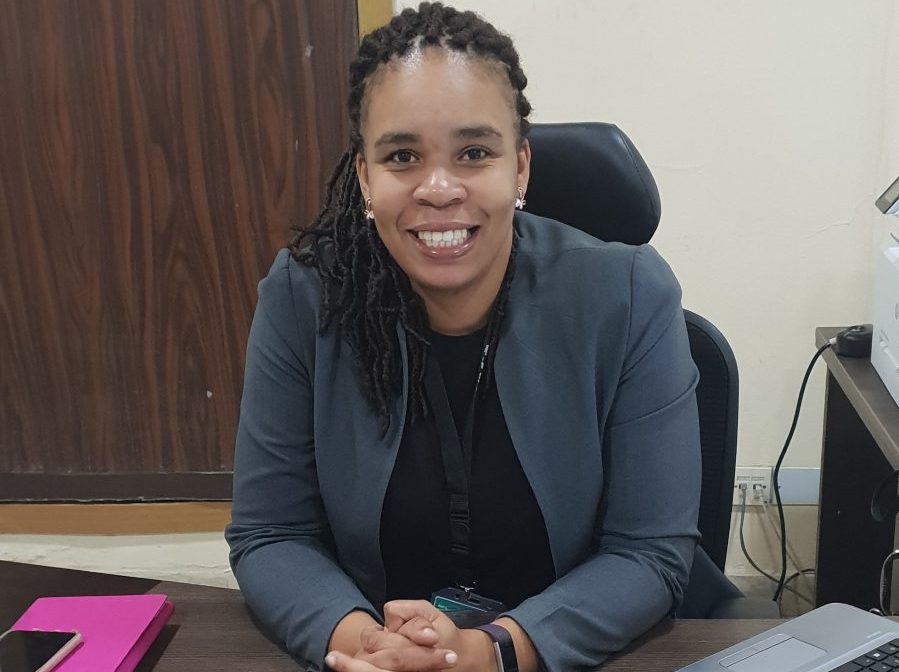Partnership has been the bane of business growth for ages. A formal arrangement that legally binds two or more parties committed to sharing risks and profits as co-owners, partnership hinges on shared responsibilities.
Businesses that seek expansion and stability often rely on partnership to build a formidable customer base, strengthen brand visibility, and market share. A great business partnership makes for better market value while enhancing the strengths of all parties involved in the agreement.
History shows that merchants and traders have always resorted to a strategic partnership to conduct their businesses and that business model is still very relevant in today’s practice, especially in our insurance industry. The insurance industry, like other sectors, had been punctured by the ailing economy in Nigeria. Owing to the Covid-19 pandemic which increased travel, health and business disruption claims, the sector was plunged into some degree of recession in 2020.
Nigeria is Africa’s largest oil producer, producing about two million barrels a day, but the Covid-19 outbreak and falling fuel prices have reduced production to around 1.4 million barrels. Despite its status as Africa’s largest oil producer, producing about two million barrels a day, the Covid-19 outbreak and falling fuel prices have reduced Nigeria’s oil production to around 1.4 million barrels. According to the National Bureau of Statistics, the contribution of oil to GDP contracted in the third quarter by 13.89% against a decline of 6.63% in the second quarter of 2020.
With less than one percent contribution to the nation’s GDP, the picture is grim as Nigerian insurance sector has been underdeveloped for far too long. Still, post-Covid period provides the right window of opportunity to rebuild the insurance sector, which remains indispensable to economic development. One of the lessons from the pandemic is for businesses to develop tech skills or acquire partnerships with tech companies to boost their growth.
Nigeria is fast becoming a tech hub in Africa. Its most populous city, Lagos is the continent’s most attractive tech hub for investors. Basking in the euphoria of the $170 million venture investment, Flutterwave and of course, the acquisition of Nigeria’s tech start-up, Paystack by the US-based payment giant Stripe, the city provides a fertile ground for potentially lucrative partnerships.
Before embarking on such an audacious journey in partnership, parties need to realise that the agreement is done to initiate technical knowledge transfer, build trust and respect, and achieve business goals. Firms need a wealth of knowledge, and that knowledge comes in bounty with strategic partnership agreements.
Alongside its anticipated opportunities, the partnership between insurance and tech businesses is likely to present some unique challenges in the existing regulatory framework in Nigeria and legal expertise. For lawyers, the partnership between insurance companies and tech businesses requires a sound knowledge of the intersecting industries. As a result, this may require sharpening one’s lawyering skills through the knowledge and understanding of legal precedence that can serve as good references for drafting water-proof contracts.
Many industry insurance executives believe that tech-related insurance firms will serve as major catalysts for redefining the customer experience. Whilst drawing upon the market intelligence of the parties in the agreement, great business ideas can be brewed by turning data into insights. To expatiate, a tech giant like MTN has been offering insurance products on its mobile app in different parts of Africa.
This channel of distributing insurance products is not just convenient but affordable to lower-income customers. As a matter of fact, mobile distribution may not displace the insurance agents but serve a complementary function to them.
However, before initiating such a partnership, the parties need to know exactly what each business does and how their brands align. Alliances should be formed on the premise of shared values, setting goals and objectives that are considered favourable to all parties involved in the agreement. With partnerships, companies can develop an ecosystem approach by building e-learning platforms for insurers to enhance better understanding of the insurance products.
As cliché as it may sound, no man is an island. And by extension, no business can really exist in isolation under the influence of various market variables. A business exists because of the needs identified in the market structure. That market structure is in turn affected by other socio-economic factors that should be taken into consideration when forming a partnership.
When the pandemic struck in its first wave, it became an expose into the interconnectivity of market forces. The closure of non-essential businesses took its toll on nightlife and allied industries. Sales declined significantly in the beverage sectors as restrictions on large gatherings such as parties dropped the demand for such products. Amidst the volatile business environment, tech businesses such as music streaming sites and video conferencing platforms recorded some astronomical profits. Thus, COVID-19 pushed the need for innovative digital solutions and services to the forefront of standard insurance industry practice.
The unpredictable environment that lies ahead indicates consumers and businesses will increasingly rely on and choose insurers offering online resources and tools that can best meet their needs, particularly as digital adoption continues to grow.
Having business partners simply means you are no longer operating in isolation. You will have access to more knowledge, innovation, expertise, and funds. Partnership agreements define the terms by which the members of the business work together. Having clear expectations and a good understanding of how the partners will share duties can help prevent disagreements from burgeoning into serious litigations later. A good partnership agreement is, in itself, a form of insurance as well as it builds a strong economic base for the parties motivated by shared values.
Derin Adefulu is the Corporate Governance Executive, Old Mutual Nigeria.















